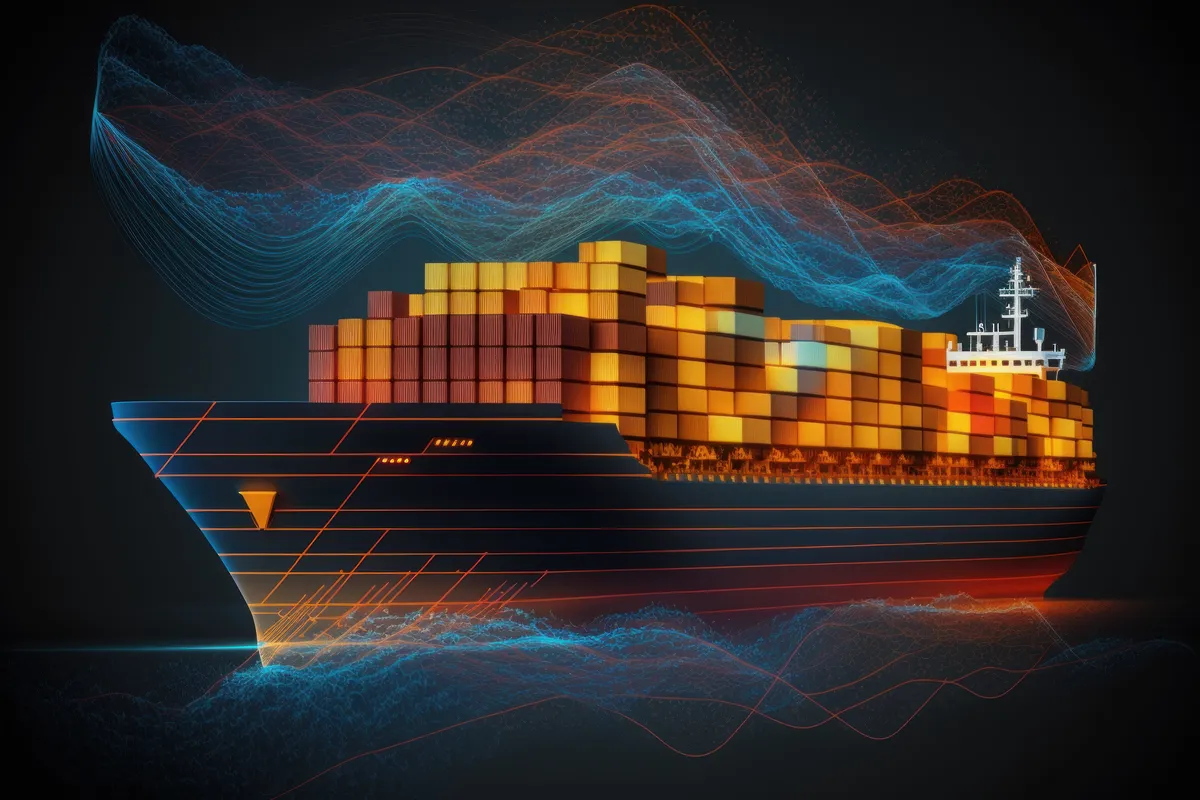The UK Maritime and Coastguard Agency published MGN 659 (M+F) Amendment 2 providing guidance on the Merchant Shipping and Fishing Vessels (Entry into Enclosed Spaces) Regulations 2022, effective from May 14, 2022, for SOLAS ships and May 14, 2023, for non-SOLAS vessels. It replaces MGN 659 (M+F) Amendment 1.
- Regulatory Changes:
- The 2022 Regulations replace the 1988 Regulations, introducing duties to protect seafarers and fishermen from hazards associated with entering enclosed spaces.
- Amendments to the SOLAS Convention concerning atmosphere testing and emergency drills are integrated into UK law.
- Definition of Enclosed Spaces:
- An enclosed space is defined as an area not designed for continuous worker occupancy, characterized by limited openings for entry and exit and inadequate ventilation. This includes cargo holds, tanks, and other confined areas.
- Risks of Enclosed Spaces:
- These spaces pose significant hazards, potentially having oxygen-deficient, toxic, or flammable atmospheres. Historical incidents underscore the risks, emphasizing the importance of safety measures and training.
- Guidance and Compliance:
- The notice incorporates guidance from the IMO, highlighting the need for risk assessments, proper procedures, drills, and the use of atmosphere testing equipment.
- Consultation with the Code of Safe Working Practices and the Codes of Practice for Fishing Vessels is recommended for developing safe procedures for entering enclosed spaces.
- Exemptions:
- General exemptions apply to vessels under 500 gross tonnes on domestic voyages regarding certain regulations, subject to specific conditions.
- Responsibility:
- All parties, including shipowners, skippers, and employers, are responsible for ensuring the safety of seafarers and compliance with these regulations.
Training and Awareness
- On-board Training: All seafarers must receive training to recognize risks associated with enclosed spaces and to familiarize themselves with applicable procedures. Entry should only occur with suitably qualified personnel present, especially when these personnel are shore-based.
- Training Provision: Shipowners are responsible for ensuring that seafarers are adequately trained to comply with the 2022 Regulations. Training should include:
- Recognition of conditions that could lead to a dangerous atmosphere.
- Hazards associated with entering enclosed spaces and necessary precautions.
- Use and maintenance of equipment and clothing required for safe entry.
- Instruction and drills for rescue from enclosed spaces.
- Specialized Courses: Seafarers whose duties may involve entry into enclosed spaces should attend dedicated training courses to enhance their awareness and skills.
- General Awareness: Even crew members who do not regularly enter enclosed spaces should understand the associated risks and necessary precautions for safe entry, especially in emergencies.
Regulation 5 Application
- Scope: The regulations apply to UK ships and other vessels while in UK waters.
- Drill Participation: Seafarers responsible for entering or rescuing from enclosed spaces must participate in drills, which are not required if there are no such personnel onboard.
- Testing Equipment: Ships with accessible enclosed spaces must carry atmosphere testing equipment to ensure safety before entry.
Regulation 6 Entrances to Enclosed Spaces
- Safety Measures: The master of the ship must ensure that all entrances to unattended enclosed spaces are kept closed or secured against entry, except when necessary. Safety signage indicating potential hazards must be displayed, even for secured areas.
- Risk Awareness: It’s crucial to recognize that even secured spaces can pose risks, as demonstrated by past incidents.
Regulation 7 Entry into Enclosed Spaces
- Safe Systems of Work: Safe systems for entering enclosed spaces must comply with relevant health and safety regulations, ensuring that risk assessments are conducted to identify potential hazards.
- Risk Assessment: Authorized personnel should assess risks before entry, considering factors like gas migration, ship design, and cargo-related hazards.
Regulation 8 – Drills
- Drill Requirements: The master must ensure that drills occur every two months for seafarers responsible for entry into or rescue from enclosed spaces, covering equipment checks and emergency procedures.
- Training on Equipment: At least one crew member should be designated as an enclosed space leader, trained to oversee drills and emergency responses.
Regulation 9 – Testing Equipment
- Testing Requirements: Ships must carry appropriate portable atmosphere testing equipment to measure concentrations of oxygen and hazardous gases before entry into enclosed spaces. This equipment must be maintained and regularly calibrated according to manufacturer guidelines.
Regulation 10 - Exemptions
- Exemptions: Specific exemptions apply to vessels under 500 gross tonnes on domestic voyages, particularly regarding the necessity for compliance with certain regulations.
All regulations can be found at legislation.gov.uk
LINK TO THE DOCUMENT

Sign up for our newsletter
It's free. No spam. Cancel anytime.










Related News
India issues investigation report on safety lapses aboard M.T. Patriot
Jan 24, 2025
Gibraltar issues guidance on prohibition of heavy fuel oil in Arctic waters
Jan 24, 2025
USCG safety alert: Hot work and lockout/tagout compliance
Jan 23, 2025